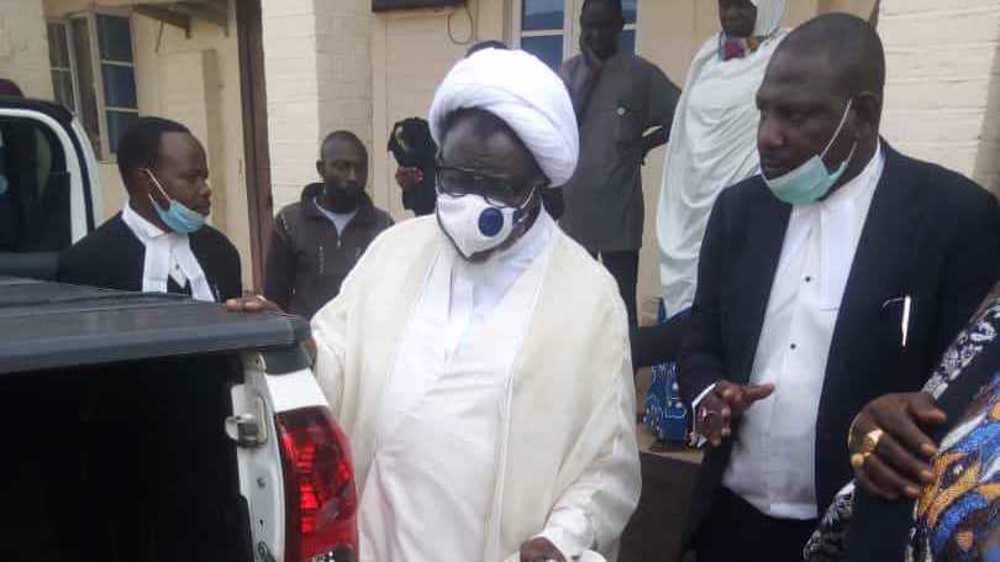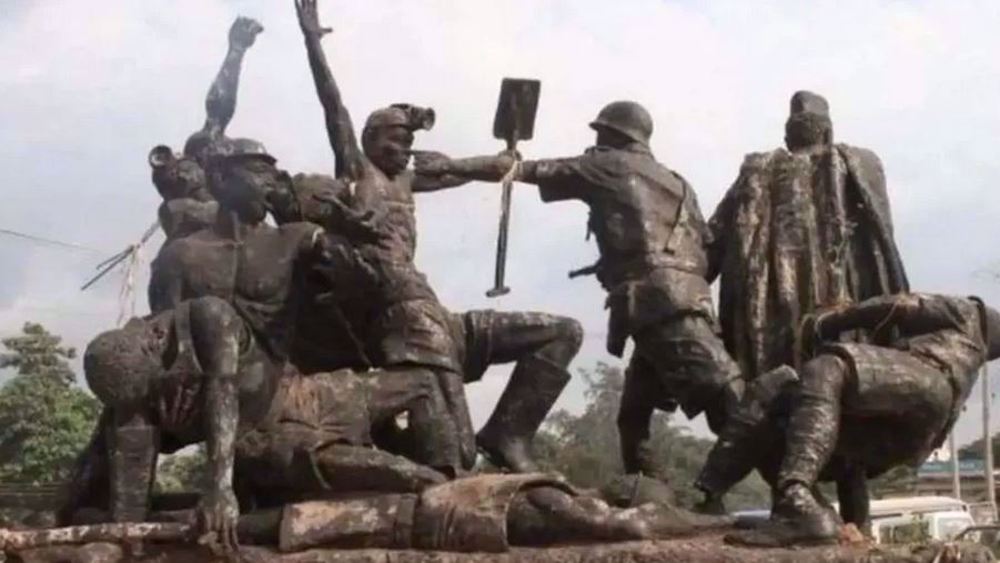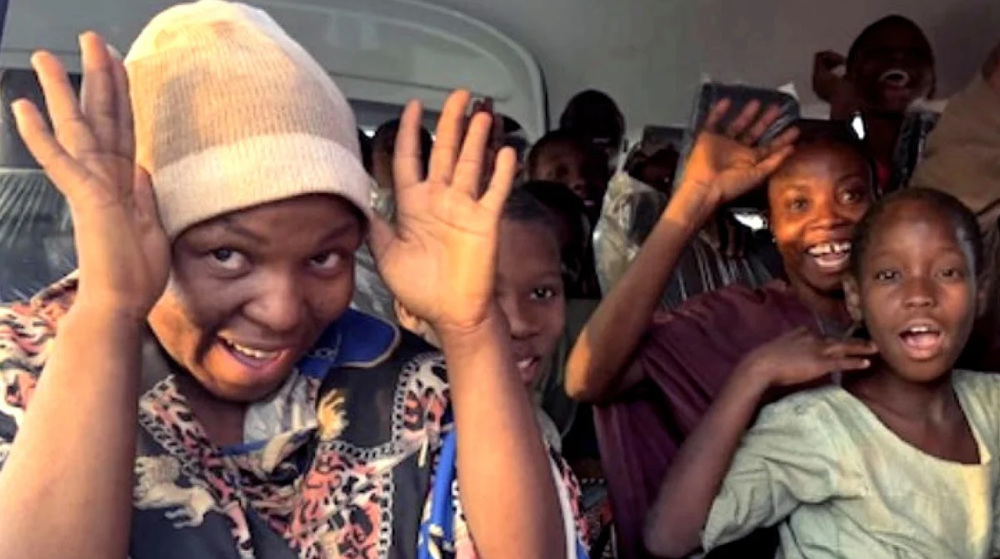Zakzaky’s acquittal shows abject failure of Nigeria’s incrimination campaign: Islamic HR activist
A prominent Islamic human rights activist says Nigeria’s acquittal of Shia cleric Sheikh Ibrahim al-Zakzaky and his wife after their six-year-long ordeal reveals the abject failure that Abuja suffered in its incrimination campaign against the couple.
Massoud Shajareh, head of the Islamic Human Rights Commission in London, made the remarks to Press TV in an interview on Wednesday.
The government “failed to prove any case whatsoever like the previous time,” he said.
Earlier in the day, a court in the central state of Kaduna acquitted Zakzaky, leader of the Islamic Movement in Nigeria (IMN), and his wife of all the charges levelled against them. They were released from detention after the ruling.
They were standing trial on an eight-count charge of alleged culpable homicide, disruption of public peace, and unlawful assembly among other things.
The trial started on May 15, 2018 and dragged on for over three years.
Shajareh called the hearings that had led to their charges “a kangaroo court that was politically-charged.”
“There was no basis to it. And there was no other way except for him to be discharged, both him and his wife,” he added.
Abuja started a crackdown on the IMN in 2015. The Nigerian military attacked Zakzaky’s residence in Kaduna, heavily injuring both him and his wife.
During the crackdown, the military also attacked the movement’s members as they were holding religious processions.
The violence led to the death of three of Zakzaky’s sons and more than 300 of his followers.
Shajareh said the sheer length of the suppression campaign “was unbelievable.” “Especially since the highest court in their land in 2016 ordered their release,” he added, referring to a ruling that year that had similarly exonerated the couple but failed to prompt Abuja to release them.
The activist emphasized that the treatment of the couple and their followers “is going to stay as a dark mark on Nigeria,” noting, “The Nigerian government cannot go on behaving that way towards its own citizens.”
Shajareh, who had just spoken to the couple, however, underlined, meanwhile, that “the most important thing is to get them (the couple) out of Nigeria so they would get their treatment.”
VIDEO | Press TV's news headlines
China warns of 'measures' following CIA’s Chinese-language recruitment drive
Official warns of ‘strong, decisive’ response to any adventurism against Iran
Palestine Action wins landmark legal victory against UK crackdown
VIDEO | World-class eye hospital in Iran’s Zahedan draws medical tourists
VIDEO | India voter roll revision sparks fear of voting disenfranchisement in India
VIDEO | South Africa voices support for Cuba amid US sanctions, threats
VIDEO | EU approves 90 billion euros more for Ukraine amid growing economic backlash










 This makes it easy to access the Press TV website
This makes it easy to access the Press TV website